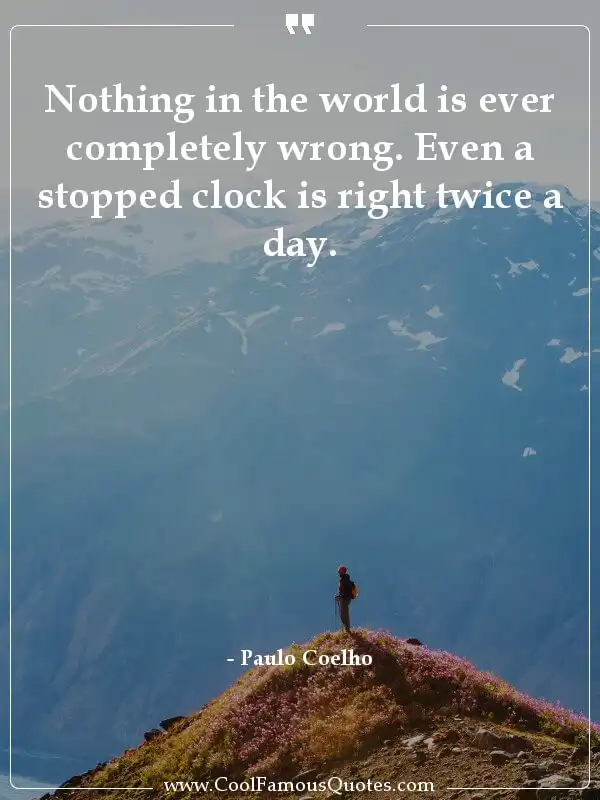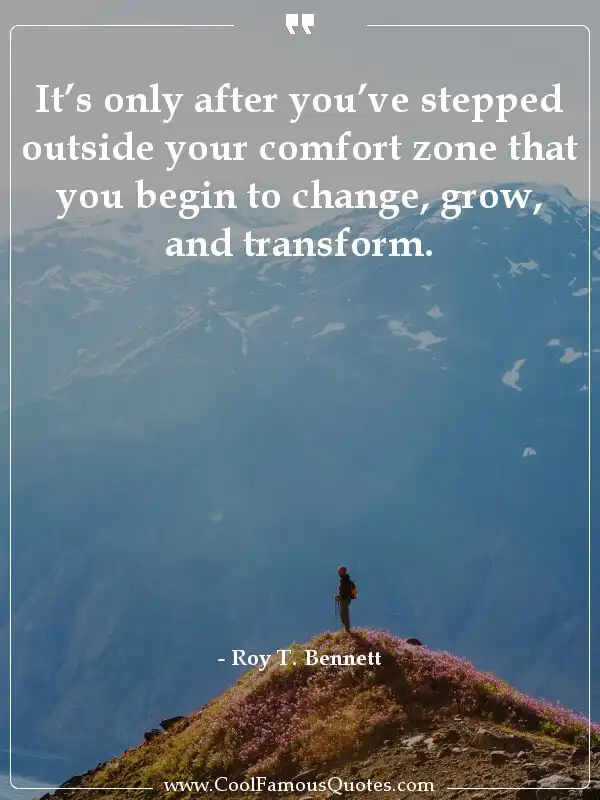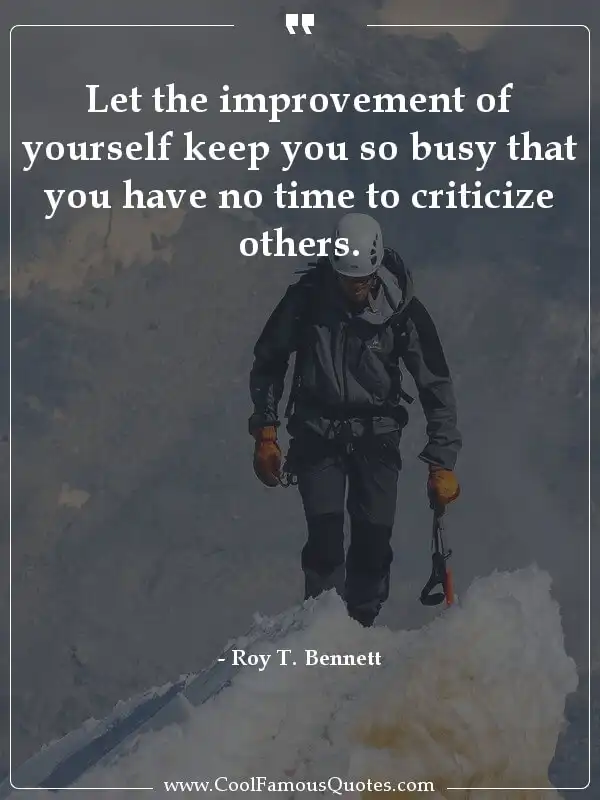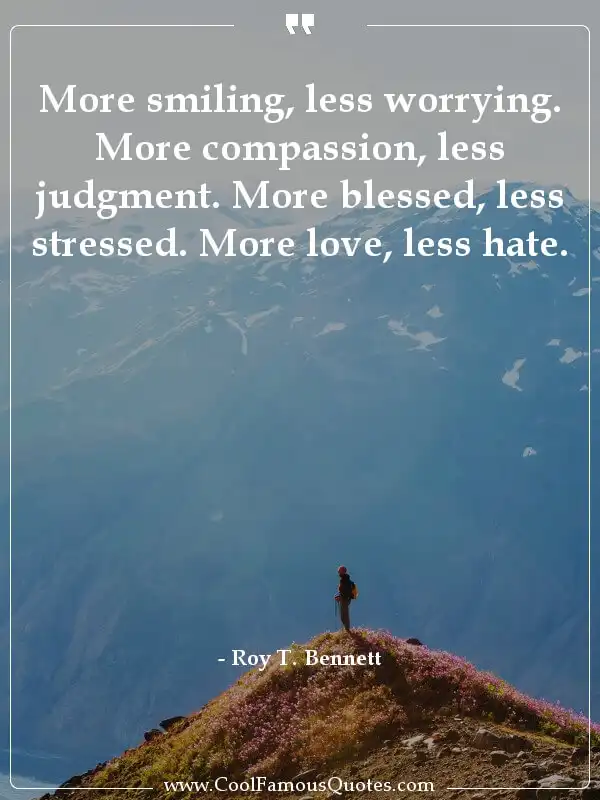“Doubt … is an illness that comes from knowledge and leads to madness.”
Decryption of quote
Doubt is like a shadow that follows us wherever we go, whispering in our ears and clouding our thoughts. It is the nagging feeling that something is not quite right, that there is a gap in our understanding that we cannot fill. Doubt is born from knowledge, from the realization that the world is vast and complex, and that our understanding of it is limited.
As we grapple with this doubt, trying to make sense of the world and our place in it, we can feel ourselves slipping into madness. The constant questioning, the uncertainty, the fear of being wrong – it can all become overwhelming, driving us to the brink of sanity. Doubt can consume us, turning our thoughts into a tangled mess of confusion and paranoia.
But doubt is not always a negative force. It can also be a catalyst for growth and change. It pushes us to seek out answers, to challenge our assumptions, to expand our knowledge and understanding of the world. In this way, doubt can be a powerful tool for self-improvement and enlightenment.
However, if left unchecked, doubt can spiral out of control, leading us down a path of self-destruction. It can erode our confidence, undermine our relationships, and ultimately drive us to madness. It is a delicate balance, knowing when to embrace doubt and when to let it go.
Ultimately, doubt is a part of the human experience. It is a natural response to the complexities of life, a reflection of our innate curiosity and thirst for knowledge. It is what drives us to explore, to question, to seek out the truth.
So, the next time you find yourself plagued by doubt, remember that it is not a sign of weakness, but a sign of your humanity. Embrace it, learn from it, and use it to propel yourself forward on your journey of self-discovery and growth.
doubt knowledge madness





